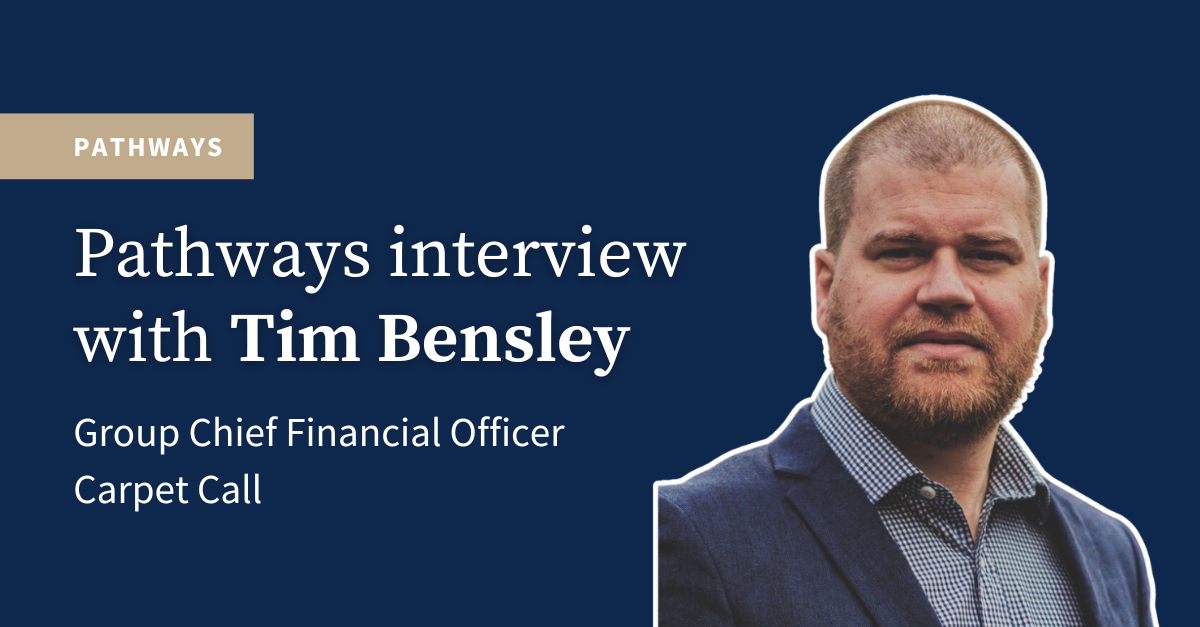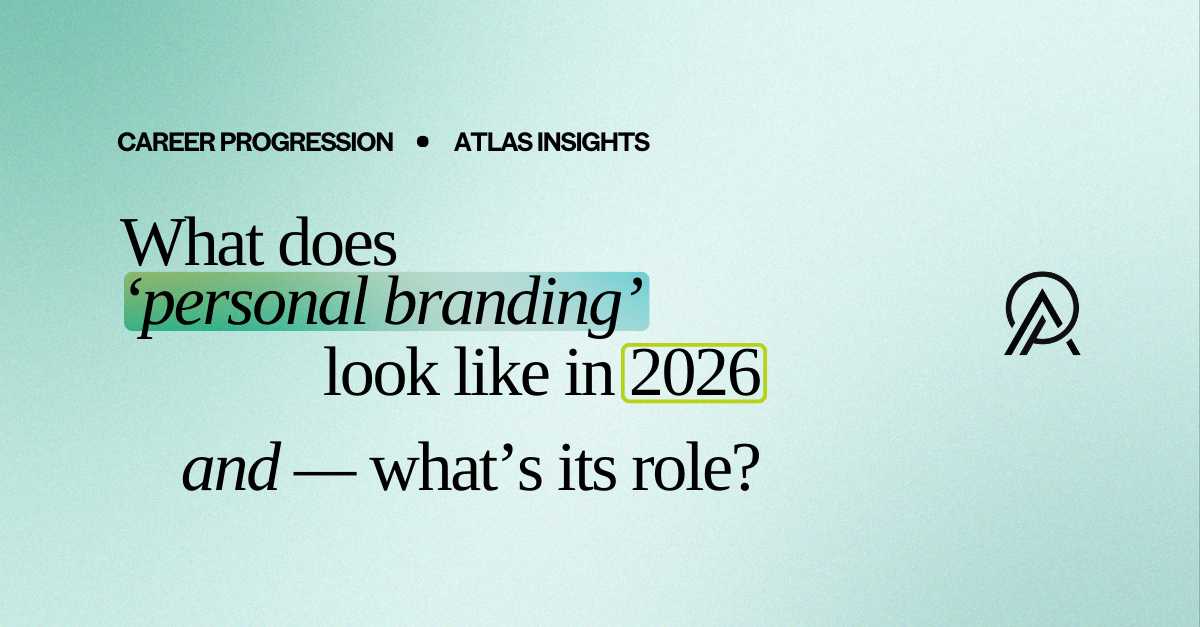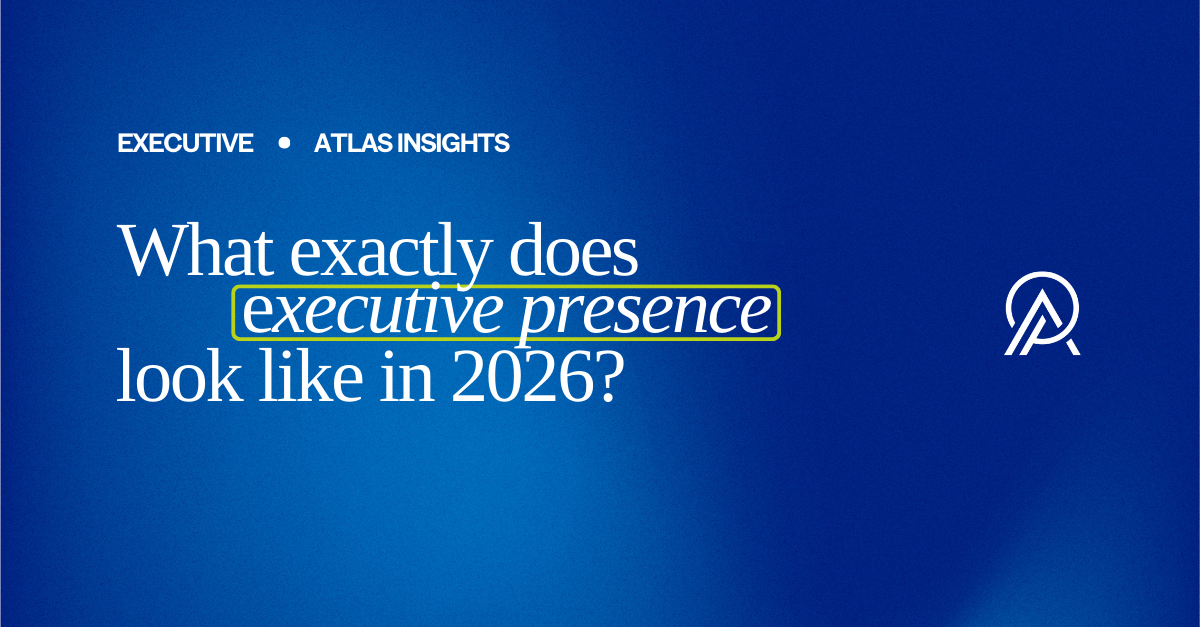When Tim Bensley started his career, he wasn’t really convinced that he loved accounting. However rising through the ranks to Group Chief Financial Officer for Carpet Call, has confirmed that Tim not only knows a thing or two about numbers, but that he also has an incredible business brain — playing a key role in cementing the companies position as Australia’s top flooring retailer.
Atlas Partners Director, Liam Killen, sat down with Tim to understand what the journey from early days accounting to CFO has been like, and particularly the transition and core differences from Commercial Manager to now Group Chief Financial Officer.
Tell us about Carpet Call and your role as Group Chief Financial Officer and Company Secretary
Carpet Call is a national retail business specialising in flooring and window furnishings. We’ve been in operations since 1975, Australian privately owned, with currently circa 430 employees and revenue over $250million. So my role here is Group CFO and Company Secretary basically looks after the finance function of the business — all of the compliance, from the operation and from our company secretary’s standpoint. I manage a team of 30 people in the finance function all together and probably directly ten people covering management accounting, financial accounting, and finance operations.
Talk to us about the culture at Carpet Call and the way you guys go about your work
At Carpet Call we’re actively trying to create a team environment where people can be successful. We’re encouraged to make decisions and to make them fast, to keep things moving along, to learn from our mistakes and to support each other. We’re in a growth stage, so it can be a challenge. We have a lot of long term employees which contributes to that great environment and culture.
We have a lot of fun, and laugh. It can be high stress, it can be high pressure with the large transaction volumes we have. But, we have a lens to the future in terms of growing each of our channels, with an eye on customer experience. That’s where our focus really is at — how do we use technology to improve the experience and operational efficiency.
Last week you said something really interesting, you mentioned that you didn’t really like accounting when you started your career. Tell us what you mean by that and how it resulted in you becoming a CFO?
I studied finance with an interest in investments in economics. I did a Bachelor of Business Administration and accounting was one of the subjects that the entire group had to take — and I was not very good at it. I couldn’t study it in an academic sense very well and there just wasn’t any interest for me, it was too dry.
Eventually I moved from America to Australia and I needed a job. I landed a payroll job with a mining company in Brisbane, which allowed me to be introduced to the accounting and finance function within a corporate environment, to help run a business. I lasted in the role for six or nine months, they could see that I was bored and an Assistant Accountant role popped up. I jumped at it in a business sense — and it was a lot more fun, more practical and was a good lens into the business. The application had become more real, from a textbook it was a struggle but in practice it was okay.
So I went down the path of getting my CPA and learnt the ins and outs of that. Accounting is a broad field, so I found my happy place in the more management accounting area, focused on it to the best of my ability and opportunities opened up within that mining business to go into more of a project accounting role where I would go out on site and understand what the business did, which I really relished that opportunity of going to sites and meeting no finance people whatsoever, just mingling with operational people and meeting all sorts of characters.So that really kept me humming and getting exposure to the board and reporting to the board, I really liked the strategic side of how you could impact the business through the accounts — I’m not a huge technical accounting fan but management, but the commercial side I really started to enjoy.
Naturally that progressed and one thing led to another on my journey and I ended up at Carpet Call as a Commercial Manager taking care of the finance team for the Victorian business, managing a team of five to six people and I really had a lot of fun. The Founder is still involved in the business and so I had a lot of exposure to his insights and how he dealt with people. One of the big challenges about accounting is how do you become more senior – and it’s really all about people management. So learning how to deal with people and the ins and outs, the highs and lows and the different personalities. That’s where my focus was and accounting just became kind of something that you did. After a while an opportunity presented itself and they needed a CFO and they approached me to be promoted, so I jumped at the chance.
Tell us about that transition, the challenges and what do you see is the core difference between the role as Commercial Manager leading a big finance and administrative function, to now being the ‘big boss, the big key person in terms of finance?
My transition was made easy because I had an existing relationship with the Managing Director, the Founder and I had the full support of the board. I was exposed to many aspects of the company that I was already familiar with. We have a property side of the business, so I started managing that, and there are lots of different accounting and technical accounting aspects to it like managing the statutory reporting, and full control of the audit.
It’s really the people management aspect that escalated to another level. You have to be more judicious with your time, move quickly — which I was well prepared to do — and make decisions right or wrong and move on. So time is the biggest challenge. Some of those things you have to learn on the go, and you don’t know everything to begin with which can feel a little like imposter syndrome. But with the support of the business, you just get through it. We have great external partners that we rely on through different aspects of the business and they were very supportive. The business is in a good position and so it facilitated all of that.
Certainly having the knowledge of what we actually do as a business helped, and having the knowledge from managing half of the accounts as the Commercial Manager of Victoria, made some things very familiar. But there’s more things that you’re not an expert at, so you need to do a lot more research which can be time consuming, and you have to be scanning the landscape for larger risk, more enterprise wide risk. You have to also understand how you are going to have an impact on an organisational level through technology, people management, structure, whatever it might be. A huge difference is the impact you can have on the business and the influence you have, so your decisions matter as they affect hundreds of people. There’s a lot of responsibility, but I think it’s a dream job.
Were there any surprises when you landed in the role as CFO? Was there anything that jumped out at you as unique or unusual?
A lot of what I encountered, I already knew. We didn’t have the best systems and structures in place, things were more manual and inefficient than I would have liked, but I was used to that at a lower level. We were on the path of improvement by applying AI, technology and automation in the Victorian business, which went national, which also helped in opening the door for me to be promoted as well, that was a successful venture. So when I became CFO, I basically decided to supercharge that progress that was already made, and take it to the next level and to keep applying it.
The biggest surprise for me was the mindset change from ‘let’s just keep executing what we’re doing’ to nbow ‘let’s have a real fresh lens of how we go about it and how we’re going to look longer longer term’, more strategic — where do we want to go and how we’re going to get there, where as a Commercial Manager you’re dealing with more of the day to day activity.
The Pathway series is designed for candidates who are aspirationally wanting to get to that CFO role. So they might see somebody like yourself and realise they can take a more non-traditional pathway to get there. What would your advice be to them around skills, attributes and the core qualities that they need to be successful at an executive level?
The main thing is the back yourself, you’re not going to know everything, there will be lots of spaces where you don’t know things. So understand your strengths and weaknesses and surround yourself with a good team to round you out. I don’t love accounting, I don’t like the financial accounting aspect of it, so I have a good technical team that I have put together. It was my first priority when I took on the role so that I could focus on what I was best at and have a team that I could work closely with and rely on.
It also requires a lot of self belief and the ability to overcome self doubt. Because there’s going to be lots of things that you’ve never done before, and you’re going to be presented with new challenge all the time and you just have to be up for it every day, ready to tackle the next one without knowing what it will be.
You touched on some really interesting things in terms of AI automation. Finance in the future, where are we getting to? What are the sort of the big ticket items that key leaders like yourself need to consider as we move into the next phase of running these large functions?
For me, AI is great. Take a good look at your business and how it runs and look for those quick wins and low hanging fruit — for us we started with robotic process automation. Then the challenge is how are you going to utilise AI in the business? It opens up a whole new threat from a cybersecurity standpoint, so that’s a huge focus for us here. At the moment I can see AI is easily adaptable for malicious activity, so how do you control that within an organisation? How do you implement that within an organisation? Think about who are the people that you’re going to trust to bring these tools into your business?
We’re excited about it and we’ve taken some initial steps. We’re implementing Microsoft CoPilot as another step forward in introducing ChatGPT into our business and putting a framework and policy around that. But really, if you’re not using it, someone else will and you’re going to go backwards. It’s all about making use of your employees skill sets and their knowledge of the business, and finding ways to automate the mundane tasks that take up time within their days.





